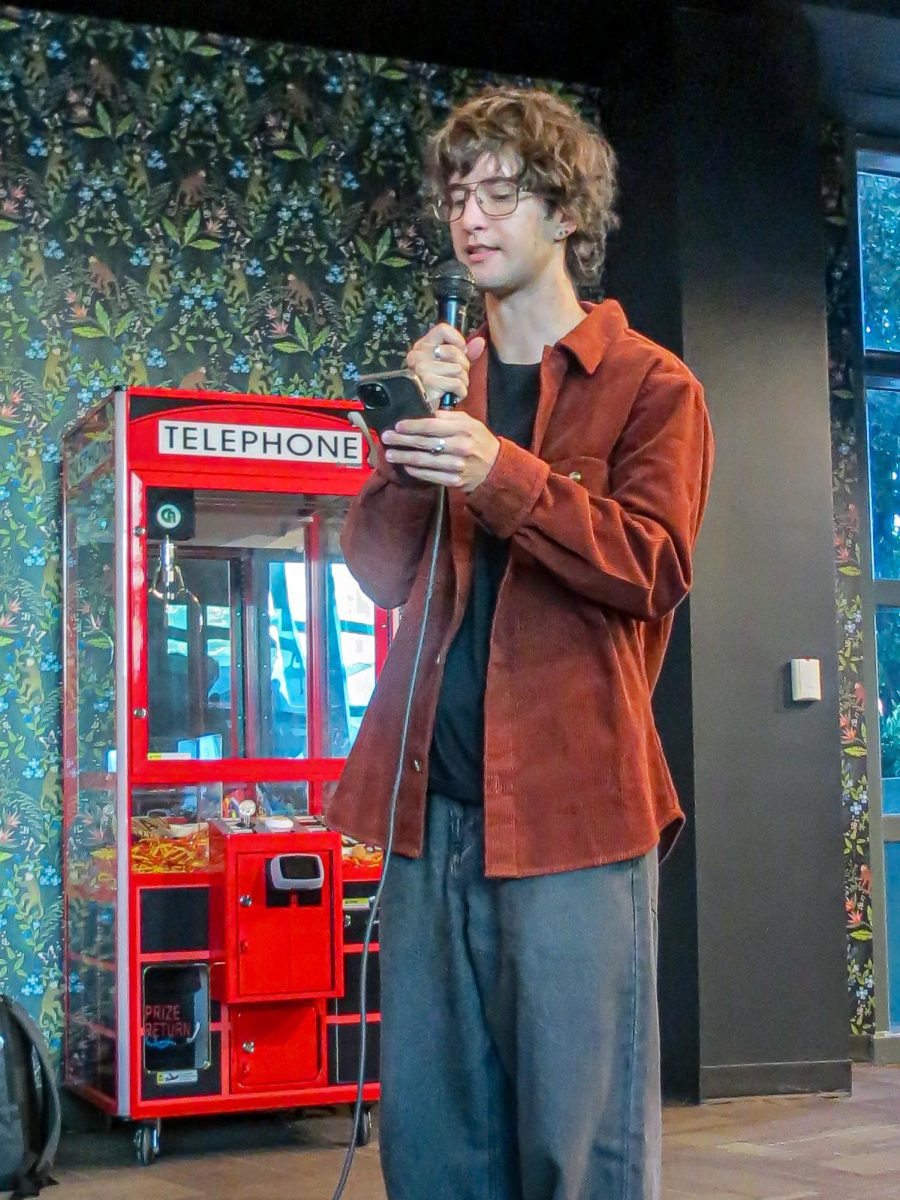Climate change is altering the severity of Colorado fire seasons. The state’s prolonged drought, dry weather and early-melting snowpack has worsened spring and summer fire conditions.
In a Colorado Public Radio article, Governor Jared Polis stated that the traditional fire season has prolonged in duration, becoming more of a fire year. The Marshall Fire in 2020, for example, became the state’s most destructive fire in history after burning 6,000 acres and destroying over 1,000 homes in a heavily-populated section of Boulder County in the odd month of December. This increase in fire risk has state officials scurrying to fill a demand for year-round firemen.
Established just one year ago, the Western Colorado Community College (WCCC) fire program is a critical pipeline for officials, as it allows students to jumpstart some of their early training and bypass typical certifications that someone off the street would still need to complete.
“The students are trained just as they would be at a Fire Academy taught by a Fire Department. Some of the classes are Fire Fighter 1, Fire Fighter 2, Hazmat Awareness/Operations and Fire Prevention. This last Fire Fighter 1 class has gone through live fire training where they actually went into a burning building and extinguished the fire,” Director of Fire Science Joe White said.
The program is still in its infancy, but next year’s graduates will soon be able to address staffing issues not only in local Mesa County departments, but also those around the whole state.
“The Grand Valley is growing: Grand Junction Fire Department will be opening Station 7 in 2024, which will [add] approximately 18 new firefighters, and they will also be losing personnel to retirement. Other Fire Departments in the valley are constantly looking for FireFighters. The program will help fill these voids, not only in Mesa County, but through the state. All departments are seeing an increase in call volume, and having trained FireFighters ready to hit the streets is a bonus for all of these departments,” White said.
The fire science program is essential for Colorado right now. WCCC and Colorado Mesa University (CMU) understand this and have fittingly helped to supply the program with more up-to-date equipment.
The program generously received a Fire Engine, Bunker Gear, SCBAs and Extrication Equipment. All this is important for hands-on experience, so [students] will already be prepared and trained when they are hired at a Fire Department,” White said, “We have received great support from WCCC and CMU. Everyone has been very receptive to any changes or equipment needed,” White said.









